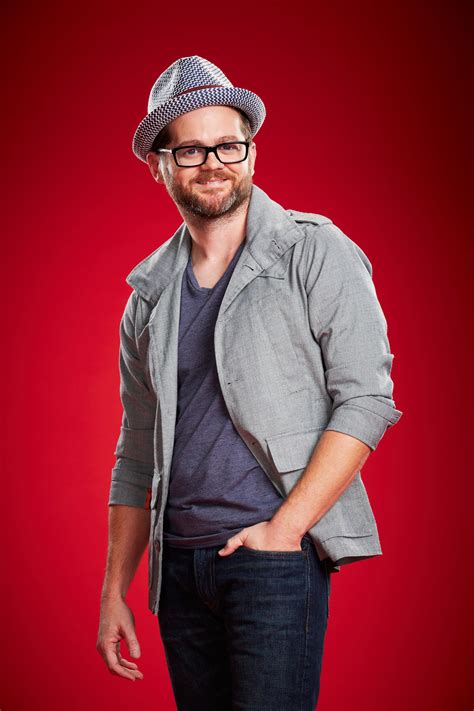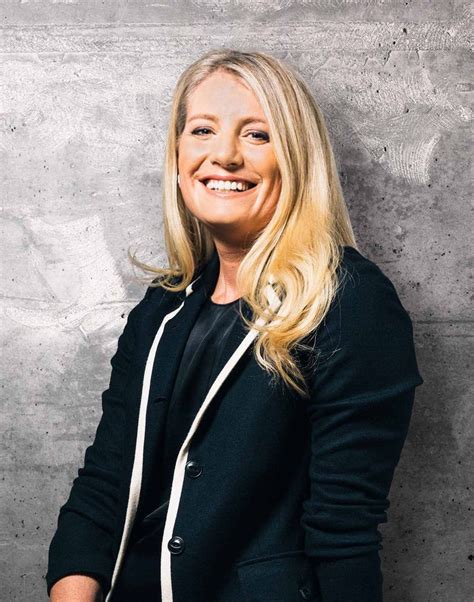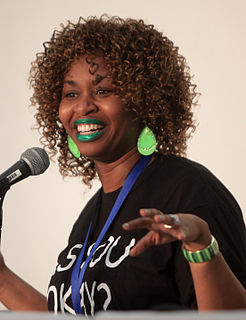A Quote by Michael Gerber
Your first job, as an owner and an entrepreneur, has to be to understand how the business is going to actually work.
Related Quotes
The most important job of the entrepreneur begins before there is a business or employees. The job of an entrepreneur is to design a business that can grow, employ many people, add value to its customers, be a responsible corporate citizen, bring prosperity to all those that work on the business, be charitable, and eventually no longer need the entrepreneur. Before there is a business, a successful entrepreneur is designing this type of business in his or her mind's eye. According my rich dad, this is the job of a true entrepreneur.
A lot of people want to be an entrepreneur, so it's important to know that there's a lot of ways to be an entrepreneur. One of the ways is to go about and start your own business. There are also ways that you can gain experience in the context of a larger business, like raising your hand to helm a new office. As you are gaining your skills to run your own business successfully, the first way is to think about how you can do so based on where you already are.
My summer jobs for three years were going to work in my dad's factory and earn a bit of pocket money. I absolutely loved it, and I think I learnt more there than I did at Cambridge, actually, in terms of how hard work is and how tough it is finding a job, keeping a job, managing a job and family and commitments outside of work.
The Big Dream of any entrepreneur really has very little to do with the entrepreneur. If you truly love repairing automobiles, chances are, you'll be a lousy business owner. Likewise, if you are fascinated by debits and credits, the dream of building an accounting firm with you at the helm is probably best left unfulfilled.
You can be entrepreneurial even if you don’t want to be in business. You can be a social entrepreneur focused on the not-for-profit sector. You can be an agriculture entrepreneur if you want to change how people think about farming. You can be a policy entrepreneur if you want to go into government. The idea of an entrepreneur is really thinking out of the box and taking risks and stepping up to major challenges.































